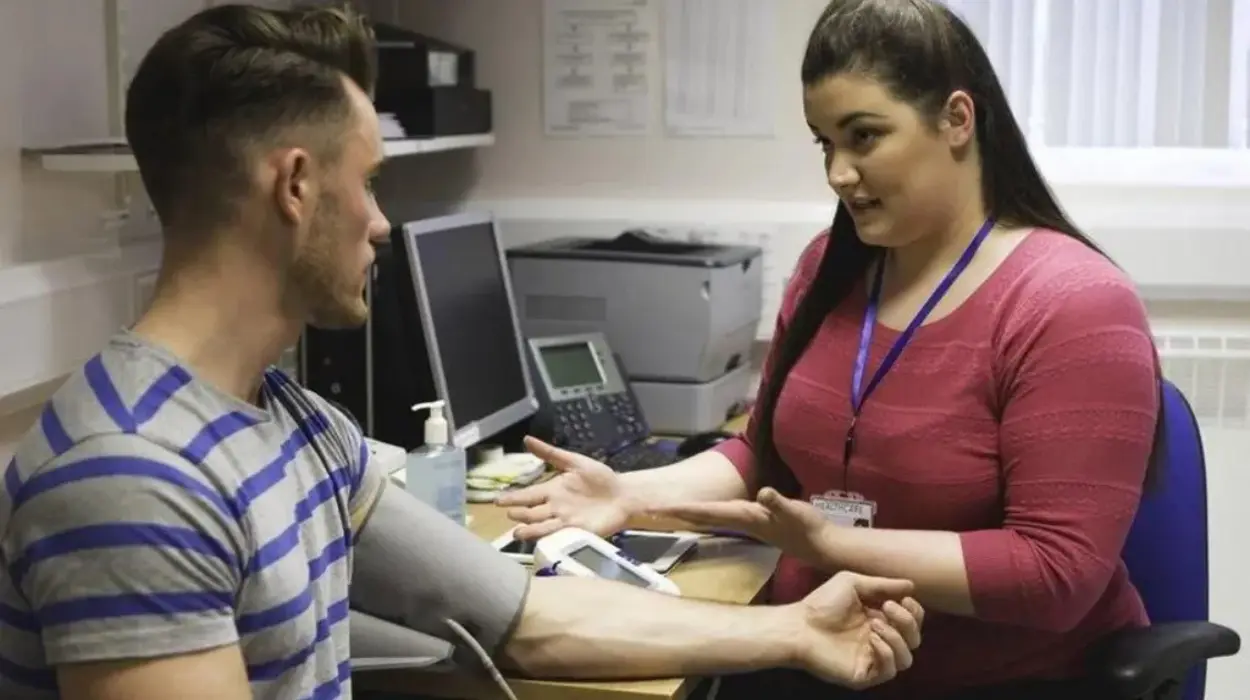London (Parliament Politics Magazine) – The UK government has launched a review of physicians and anaesthesia associates in the National Health Service (NHS) to address concerns above their roles and safety. Health Minister Wes Streeting aims to reduce tensions within the staff.
Amid rising patient safety concerns, Wes Streeting has ordered a review of physician associates roles in the NHS. PAs and AAs, who assist doctors, are rapidly expanding in number.
Physician associates in England
With approximately 3,500 physician associates and 100 anaesthesia associates who work in England, alarming concerns about patient safety in the medical field have raised questions about their responsibilities.
The review will examine the safety of physician associates‘ roles and ensure patients are informed that despite their diagnostic skills they are not doctors and can perform only specific duties.
Leadership for the review
Prof Gillian Leng, former chief executive of NICE, and an expert in evidence-based healthcare led the review.
Physician associates (PAs) can take medical histories, conduct physical exams, and manage treatment plans, after completing two years of medical training significantly less than a doctor/
The deployment of PAs has raised tension about care quality and patient confusion, with ongoing calls to revise their title to reflect their non-medic status.
Streeting stance on physician associates
Streeting stated, “Many physician associates are providing great care and freeing up doctors to do the things only doctors can do”.
He added, “But there are legitimate concerns over transparency for patients, scope of practice and the substituting of doctors. These concerns have been ignored for too long, leading to a toxic debate where physicians feel ignored and PAs feel demoralised”.
Streeting expressed hope the review would “take the heat out of the issue” and make sure “we get the right people, in the right place, doing the right thing”.
Tragic incident involving physician associates
Emily Chesterton, a 30-year-old actor, died in 2022 after physician associates at a north London GP surgery twice misdiagnosed her calf pain as a strain rather than a blood clot.
British Medical Association’s response to the review
The British Medical Association BMA is a leading voice in raising concerns about the dangers posed by PAs, welcoming the decision to review as validation of its warnings about patient safety. However, BMA criticised the review for not going far enough.
Prof Philip Banfield, the leader of the British Medical Association said, “You do not fly a plane under safety review; you ground it. So we need to know what immediate safety measures NHS England will now put in place [and] how quickly they will pause their PA expansion plans”.
He added, “The NHS has failed to make the employment of associates safe for patients. By allowing a free-for-all on what PAs can and can’t do, hospitals have become a postcode lottery in which patients don’t know if they are being seen by a professional with the right skills”.
NHS response
NHS employers welcomed the review, it will enable health service bosses and senior doctors to better address the raised concerns.
The chief executive of NHS, Danny Mortimer said, “Leaders in the NHS, independent care and medical representative organizations have struggled to find constructive and coherent ways to respond to the public’s concerns about the clinical work of physician and anaesthesia associates who make up a small proportion of the sector’s overall workforce”.
He added, “At times the responses have lacked courtesy and compassion, particularly for those in these professions”.
Amanda Pritchard, chief executive of NHS England said, “Physician associates and anaesthesia associates are important members of NHS staff – they come to work every day to help care for patients and so they deserve to be treated with the same respect as anyone else coming to work in the NHS”.
“While we have always been clear that they are not replacements for doctors, there are clear and ongoing concerns which we are listening to carefully and taking action to address – this independent review marks our pledge, together with the government, to getting this right.”
Ms Amanda added, “The review will gather insight from across the NHS, hearing from hospital teams, patients, professional bodies and academics so that we have the evidence we need to tackle this head on and find a way forward that is the right one for patients and our staff”.
Legal Action against the General Medical Council
Anaesthetics, a campaign group, is taking legal action against the General Medical Council which currently regulates doctors and will start regulating MAPs next month.
The British Medical Association has launched a second lawsuit against the GMC arguing the term “medical professional” for doctors and MAPs blurs the lines between doctors and assistants.


